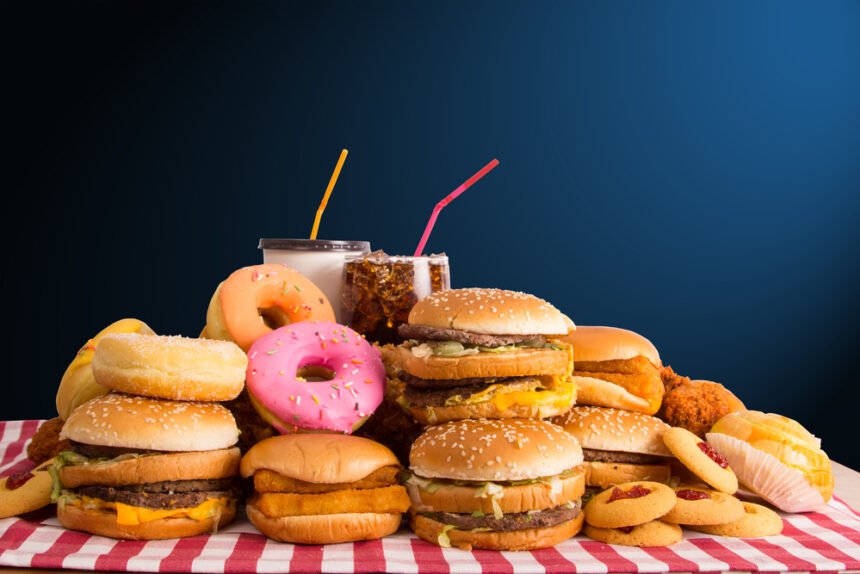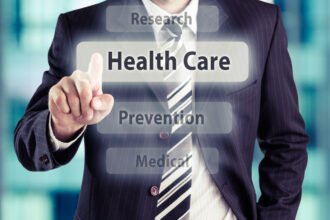During adolescence, teens are going through a lot both physically and emotionally. Faced with peer pressure, unrealistic beauty standards, and constant exposure to media, eating disorders in teens have become sadly common. In an effort to attain a “perfect” body or some idealized image of themselves, teens may overexercise, stop eating, or develop an unhealthy habit of binge eating. Any of these problematic relationships with food can be considered eating disorders, a prevalent mental health disorder for individuals of any age.
But what do you do if you suspect your teen has an eating disorder? What is the most effective way to help them? Luckily, doctors have developed various treatment plans that can prove effective in treating eating disorders in teens. Here, we’re looking into teen eating disorders to better understand these complex mental health disorders. We review the different types of teen eating disorders and look at the most common (and effective) treatment options.
WHAT IS AN EATING DISORDER?
According to the American Psychiatric Association (APA), eating disorders are defined as behavioral conditions characterized by severe and frequent disturbances to your eating behaviors and the associated thoughts and emotions. Eating disorders transform your relationship with food and can result in unhealthy behaviors such as lack of eating, binge eating, avoidance of certain foods, anxiety with food, compulsive exercise, or purging. Over time, these behaviors can have serious impacts on both your physical and mental health.
3 COMMON EATING DISORDERS
In any instance, an eating disorder is a very personal and unique condition. However, doctors have been able to create three primary categories for eating disorders, which include anorexia, bulimia, and binge-eating disorder. To see how each eating disorder is unique, here’s a brief description of each one.
1. Anorexia.
Also known as anorexia nervosa, this eating disorder is related to a fear of gaining weight and an intense emphasis on remaining thin. To achieve this, teens may stop eating or only eat very little, leading to a litany of health issues.
2. Bulimia.
Bulimia is characterized by periods of food bingeing. During an episode, a teen will eat a large amount of food (more than they would normally consume) and then throw up, or purge, the food to prevent them from gaining weight. Purging is damaging to the body and also prevents the body from receiving the proper nutrition from the food.
3. Binge-eating disorder.
Related to bulimia, the binge-eating disorder is expressed by episodes of bingeing; however, the key difference here is that they do not then purge the food. This creates an unhealthy relationship with food as the teen may not be able to control themselves while eating. Like other eating disorders, this lack of control may eventually develop into anxiety, social isolation, or even depression.
SYMPTOMS OF EATING DISORDERS IN TEENS
As with anyone, it’s not uncommon for a teen’s appetite or eating patterns to change over time. However, an eating disorder goes beyond a simple change in taste or the occasional lack of appetite. Eating disorders often become chronic and dramatically affect the health (both physical and mental) of your teen by warping their relationship with food.
To help you better understand what to look out for, here are some of the most common symptoms of eating disorders in teens.
· Skipping meals.
· Irregular eating habits (eating too much or too little).
· Dramatic changes in weight and appearance.
· Distorted body image.
· Trouble sleeping.
· Constipation.
· Degradation of hair and nails.
· Excessive energy (especially when related to exercise).
Not every teen will exhibit all of these symptoms. This is why it’s important that you’re able to have an open and honest discussion with them. If you suspect that your teen has an unhealthy relationship with food, speaking to them about it from a place of love and support is an important first step.
HOW TO TREAT TEEN EATING DISORDERS
If you’ve spoken with your teen and you both agree that outside support would be beneficial, there are treatment options for addressing teen eating disorders.
1. Psychological treatment.
Perhaps the most common method of treatment for eating disorders is psychological treatment, primarily cognitive behavioral therapy. This specific type of psychotherapy focuses on the thoughts, feelings, and behaviors associated with the eating disorder. This therapy helps teens recognize their unhealthy behaviors and then develop new, healthier behaviors to help them cope.
2. Medication for teen eating disorders.
Medication alone isn’t effective at treating eating disorders; however, in combination with psychotherapy, they may prove effective. Antidepressants are the most common drugs prescribed for treating eating disorders. Because eating disorders are a psychological issue, treating stress, anxiety, or depression may often be critical when addressing the root of the issue. In severe cases, other types of medication may be needed to treat the physical effects of an eating disorder.
3. Residential teen treatment centers.
In some cases, a more comprehensive level of treatment may be needed. Residential teen treatment centers are in-house treatment centers that offer comprehensive care for teens suffering from various mental and behavioral issues. With around-the-clock care and access to top medical professionals, these treatment centers can help your teen understand their issue and develop a healthy coping mechanism to allow them to lead a healthy and happy life.
CONCLUSION – HOW TO TREAT TEEN EATING DISORDERS
It can be frightening to confront the fact that your teen is experiencing an eating disorder. As a parent, you may not feel like you have the information or resources necessary to help your teen. However, regardless of your medical knowledge, you are the most important resource for your teen and their potential to get better. It may be difficult to identify an eating disorder, but if they exhibit one or more of the previously mentioned symptoms, it may be time to have a discussion about their eating habits.
Eating disorders are a common mental health condition for individuals of any age. As such a common disorder that affects many, doctors have developed various treatment options that can help you and your teen confront—and then recover from—this issue.









